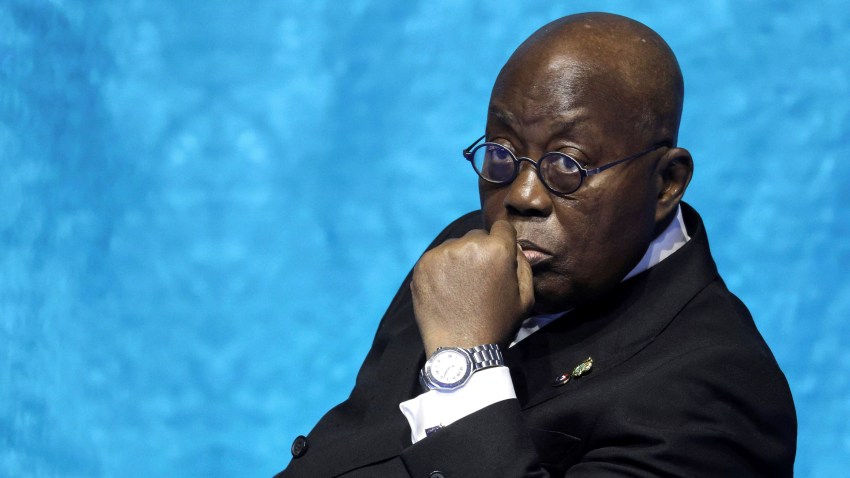Last week, the International Monetary Fund approved a $3 billion, three-year credit facility for Ghana to help stabilize its economy, amid the worst economic crisis the country has faced in decades. This marks the second time in three years, and the 17th time since Ghana won independence from the United Kingdom in 1957, that Accra has turned to the IMF for a financial rescue.
Ghana’s current bailout was necessitated by a combination of global shocks, including the coronavirus pandemic and the war in Ukraine, as well as domestic factors, primarily a spending spree by the administration of President Nana Akufo-Addo that drove record levels of debt accumulation and ultimately economic collapse.
Akufo-Addo campaigned for the presidency in Ghana’s 2016 election on the promise of change. Change from corruption and impunity to oversight and accountability. Change from taxation to production. Change from the pollution of rivers due to illegal mining to clean water for communities across the country. Change from a dependency on natural resource exports to industrial transformation. Change from a reliance on development assistance to “Ghana Beyond Aid.”

